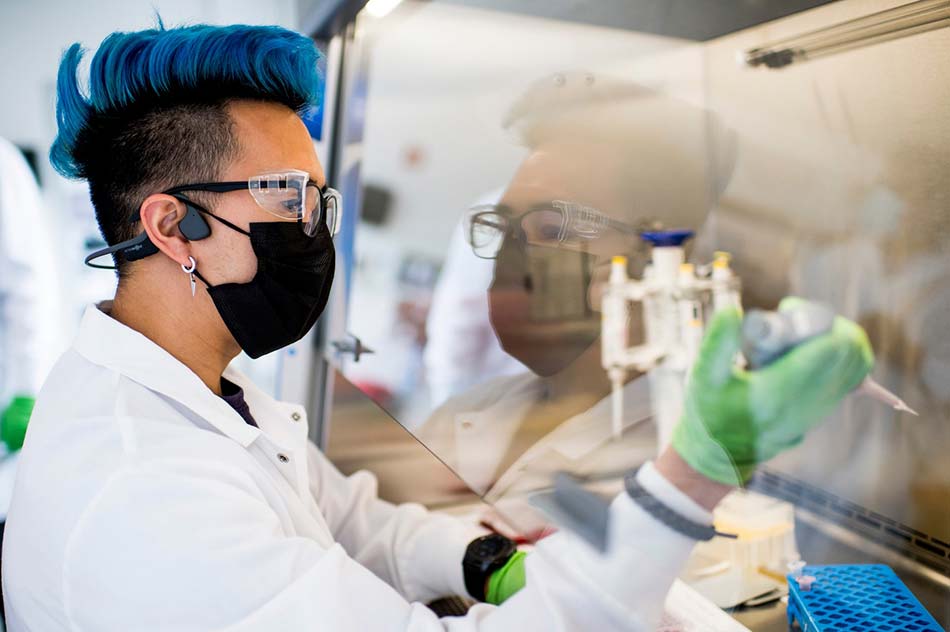
Pharmaceutical Sciences
With programs in Biomedical Science, Medicinal Chemistry and Drug Discovery, Pharmaceutics and Drug Delivery, Pharmacology.
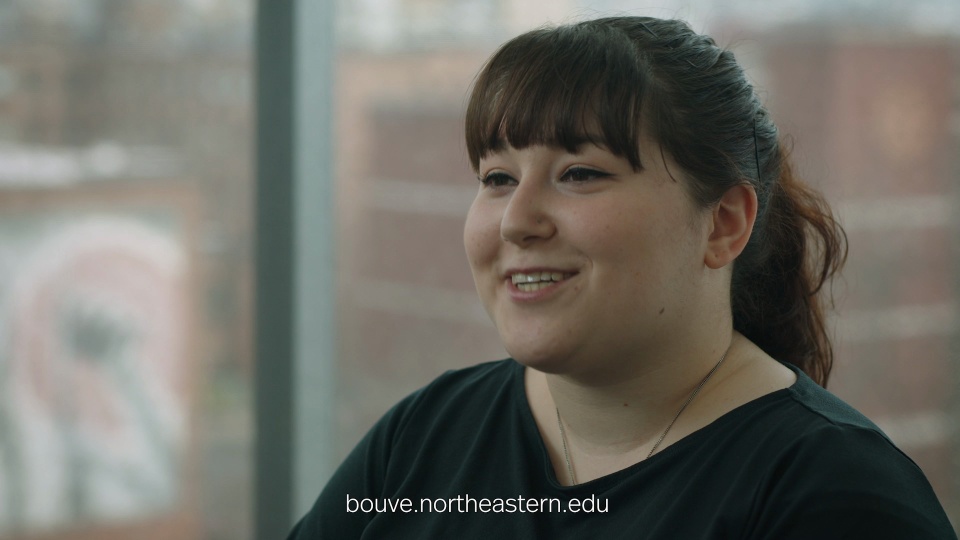
Video: Meet PharmD student Melissa Gallo who applied through the early assurance pathway. Check out our other PharmD entry pathways on the program page.
YOU ARE BOUVÉ

In the field or in the classroom, experience forms the foundation of everything we do.
Research lies at the heart of the Bouvé educational experience.
Dedicated to excellence in pharmacy-related education, research, and service including the provision of patient care, we prepare students with the knowledge, skills, and values for careers in pharmacy practice and the pharmaceutical sciences.
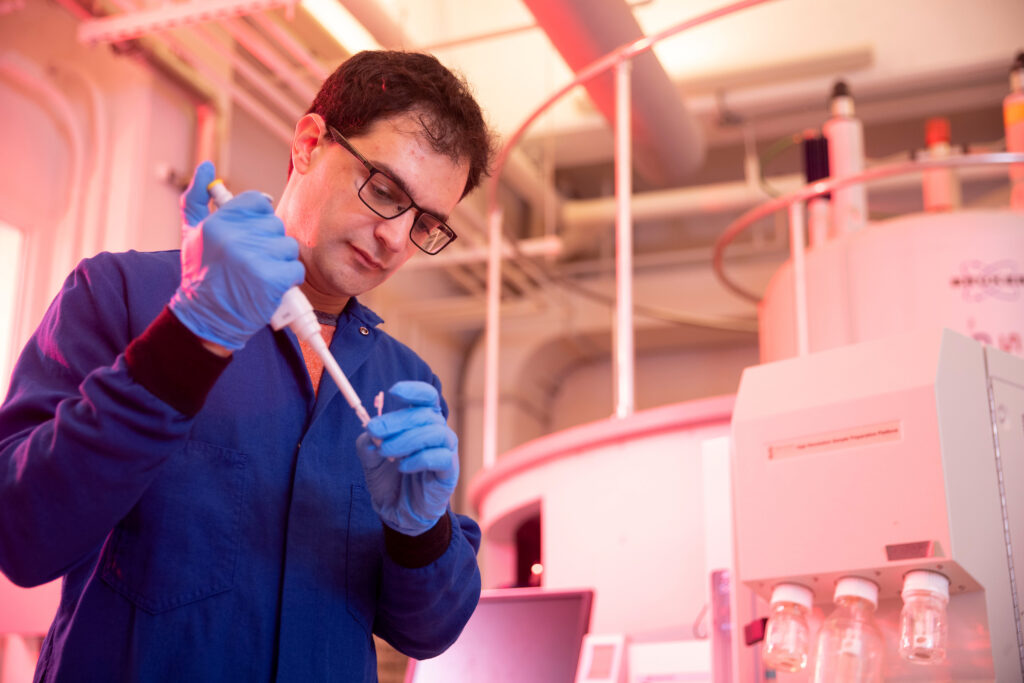
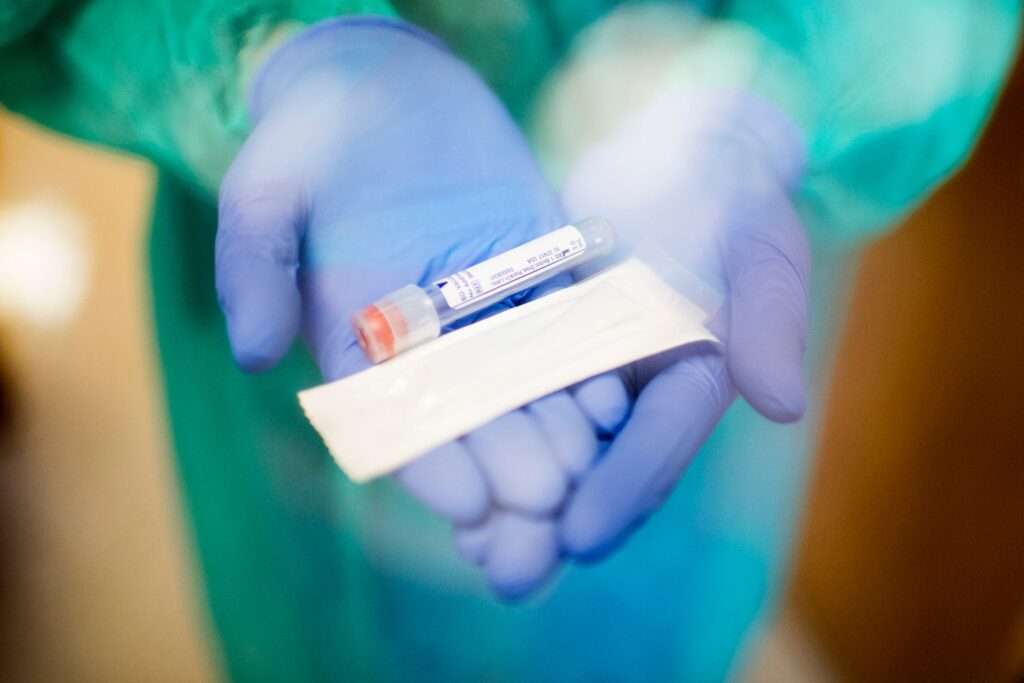
Our programs promote intellectual growth, professionalism, and lifelong learning. The school contributes to improved individual and population health through the generation and dissemination of new knowledge and through scholarship and community service.
in U.S. among private schools of pharmacy for research funding
— NIH
affiliated hospitals, clinics, community pharmacies, private companies, and government agencies
first time NAPLEX licensure exam Pass Rate — consistently above the national average
of students complete at least two six-month co-ops

With programs in Biomedical Science, Medicinal Chemistry and Drug Discovery, Pharmaceutics and Drug Delivery, Pharmacology.
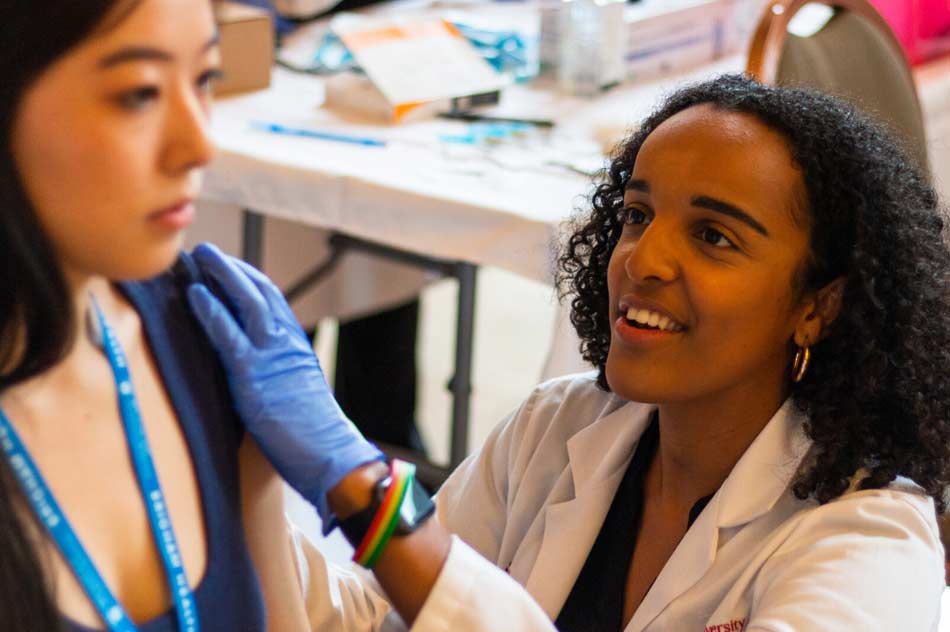
With programs focused on the field of pharmacy, including Pharmacy Studies, Doctor of Pharmacy, and a dual degree with Public Health.
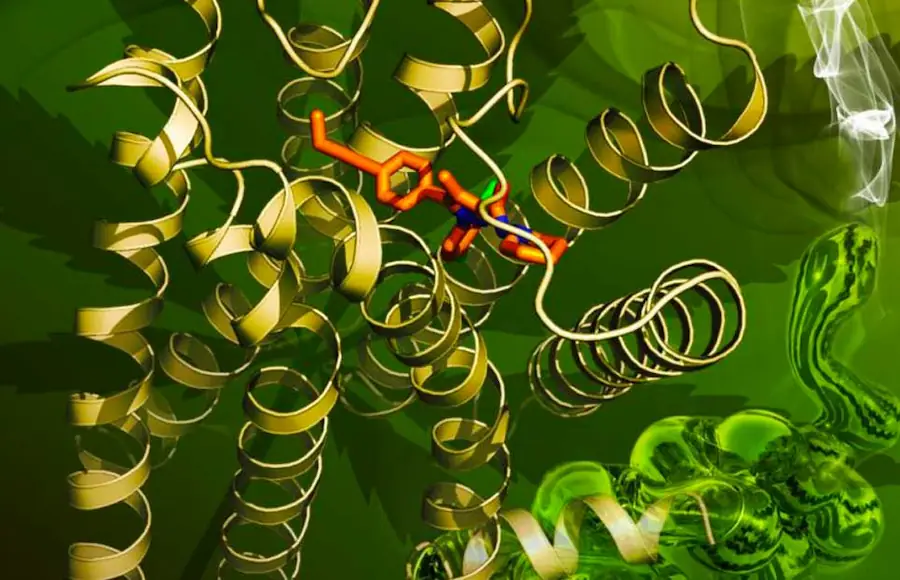
The CDD conducts multidisciplinary research aimed at the discovery of new therapeutic medicines.
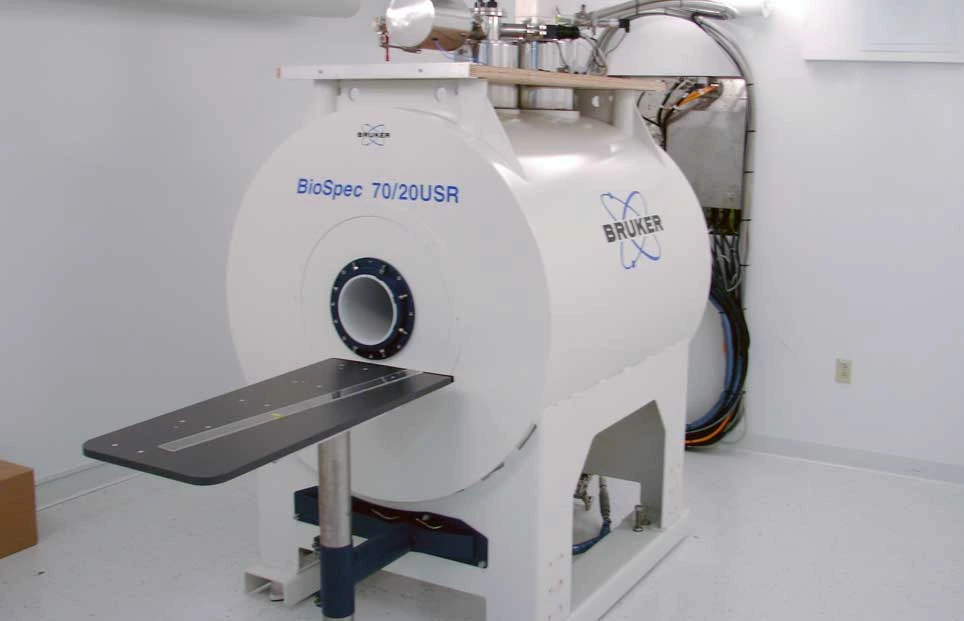
(CTNI) offers state-of-the-art technology and expertise in the area of Magnetic Resonance Imaging (MRI) with the purpose of understanding the central nervous system in health and disease.
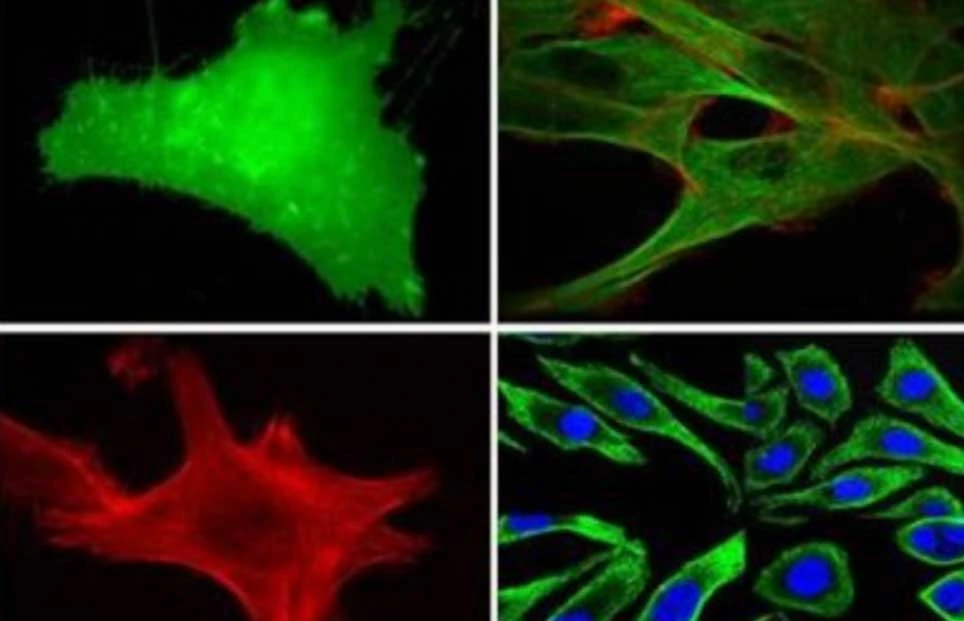
This Center aims to host and coordinate research in pharmaceutical nanocarriers, controlled drug and gene delivery, drug targeting, intracellular targeting, experimental medical imaging, and cancer immunology.
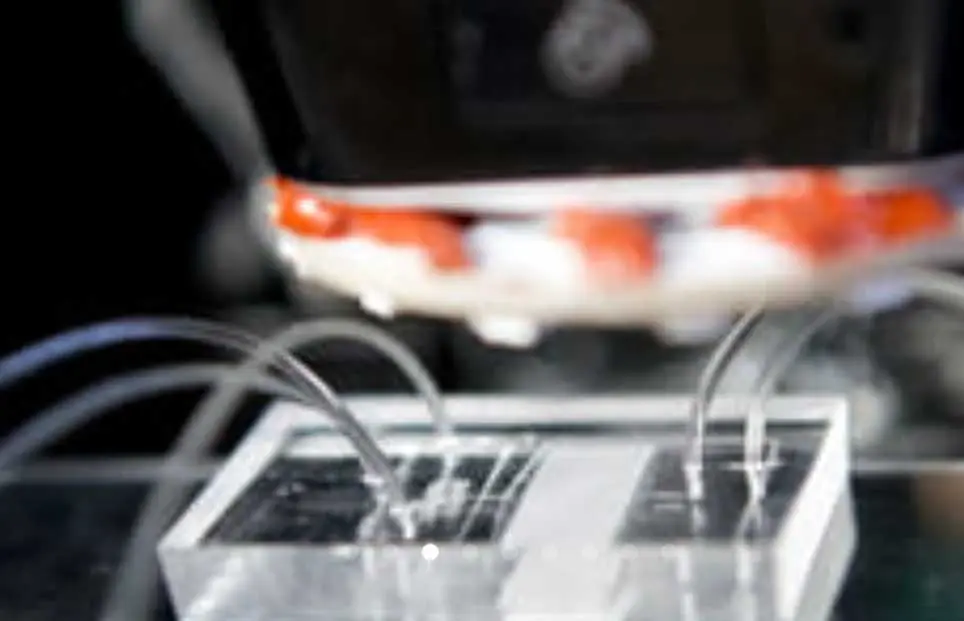
The Konry lab researches cell to cell interactions, tissue engineering, vaccine delivery methods, diagnostic tools, and assay development, amongst other research.
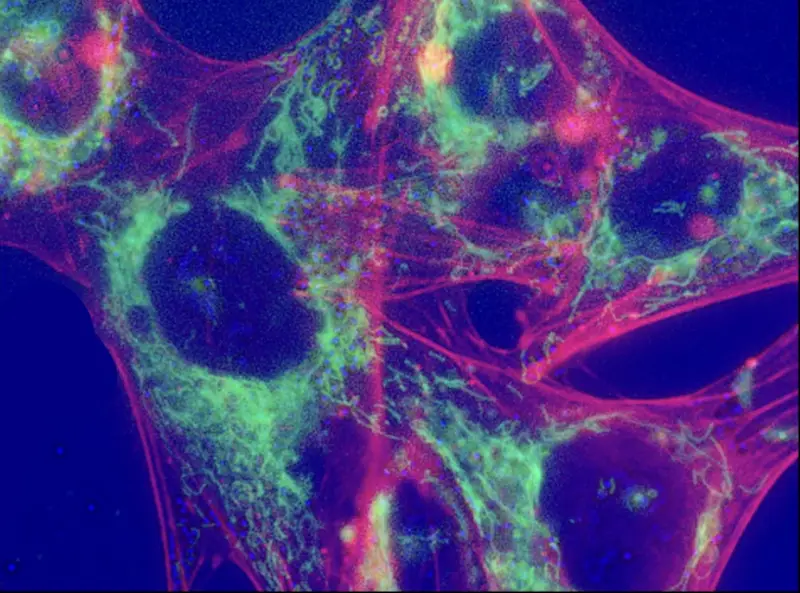
Our lab is focused on the development of clinically and commercially translatable therapeutic delivery technologies to address unmet medical needs
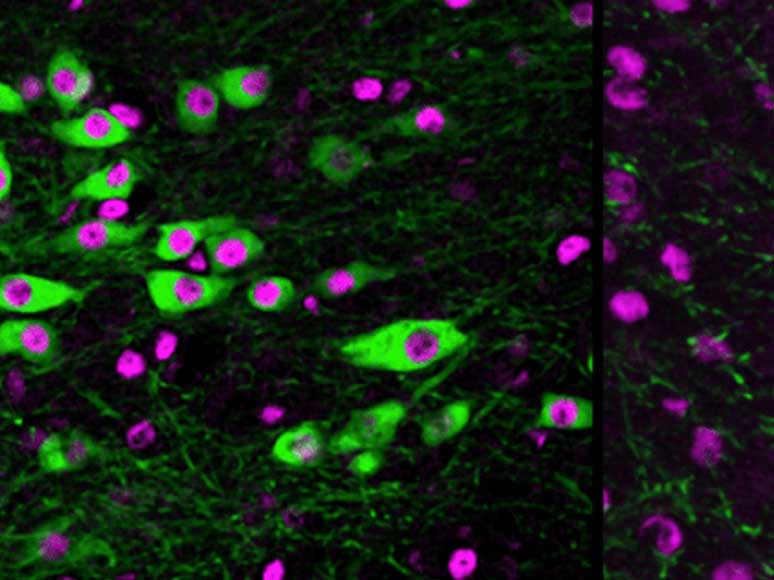
This lab integrates classical forward genetics in mice with contemporary genome editing and -omics approaches to understanding the mechanisms that confer susceptibility versus resistance toward substance use disorders.
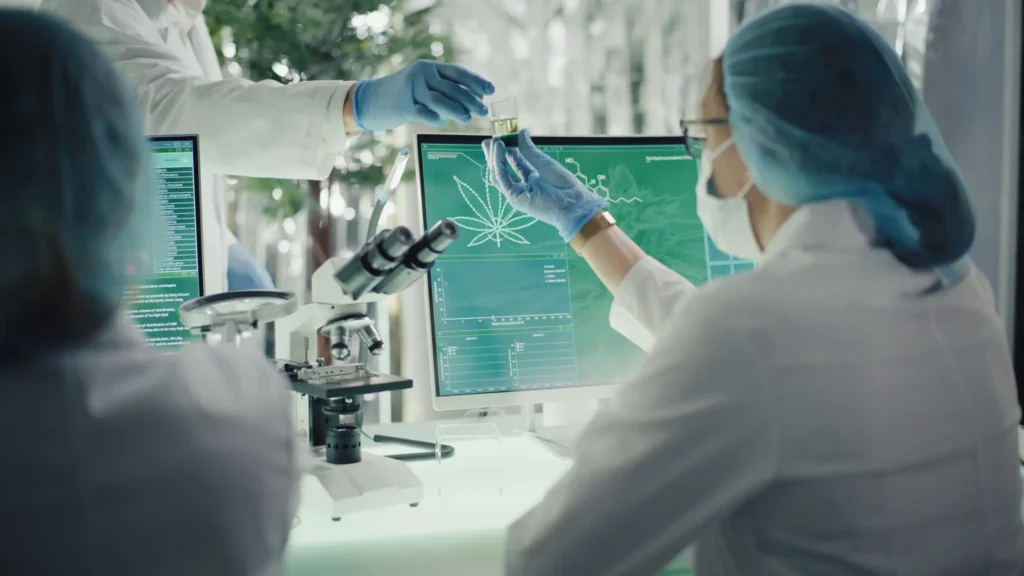

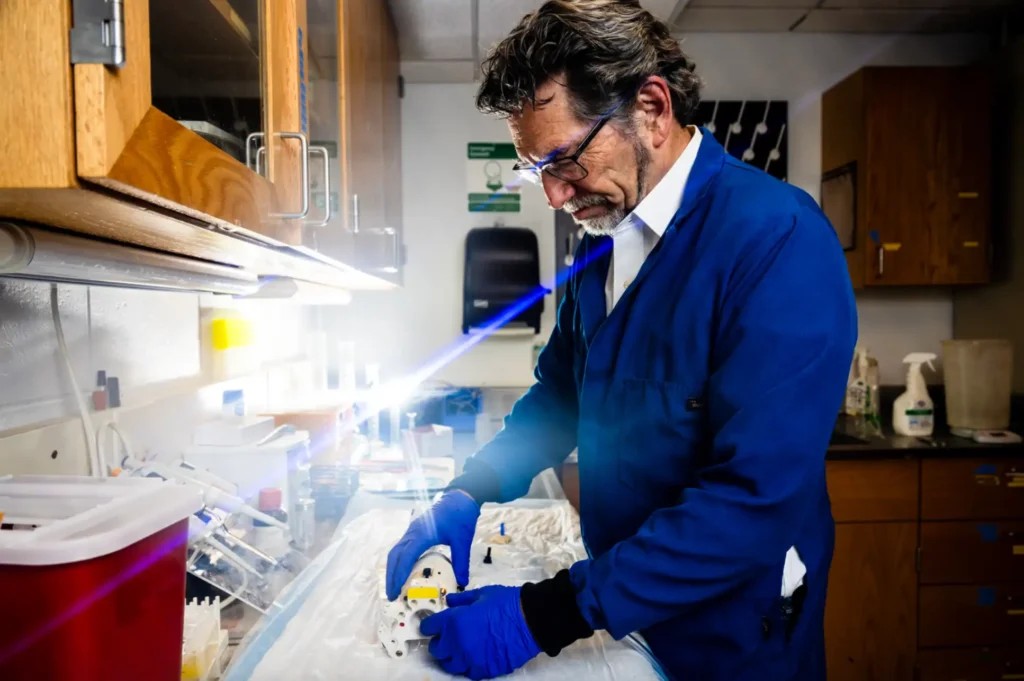


CLINICAL DOCTORATES
Pharmacy – (PharmD EA) Undergraduate Admissions
Pharmacy — (PharmD DE) Graduate Admissions
Doctor of Pharmacy, Master of Public Health (PharmD/MPH)
— Graduate Direct Entry
Doctor of Pharmacy, Master of Public Health (PharmD/MPH)
— Early Assurance for Current NU Students only
RESEARCH DOCTORATES
Medical Chemistry and Drug Discovery (PhD)
Pharmaceutics and Drug Delivery (PhD)
The School of Pharmacy and Pharmaceutical Sciences embraces and upholds the university’s core values of:
Contribution – Northeastern seeks to contribute to the individual fulfillment of each member of the campus, to the welfare of the surrounding communities, and to solutions that will address global and societal needs.
Diversity – Northeastern celebrates diversity in all its forms and fosters a culture of respect that affirms inter-group relations and builds community.
Engagement – Northeastern promotes active engagement in teaching and learning, in scholarship and research, in the life of urban communities and with our alumni and friends.
Integrity – Northeastern pursues each of its activities and interactions with integrity, maintaining the highest ethical standards.
Opportunity – Northeastern provides opportunities to those who strive to overcome disadvantages and show great promise for future success.
1. Advance the curricula of all programs to meet and exceed institutional, professional and accreditation standards.
2. Recruit and develop students to reflect institutional values
3. Attract, retain and develop faculty and staff to support the mission and goals of the school
4. Strengthen and expand research and other scholarly activity in the school’s disciplinary areas.
5. Strategically engage external stakeholders in activities of the school and support faculty visibility locally, regionally, nationally, internationally.
Comments on strategic plan welcomed.
Please email: [email protected]
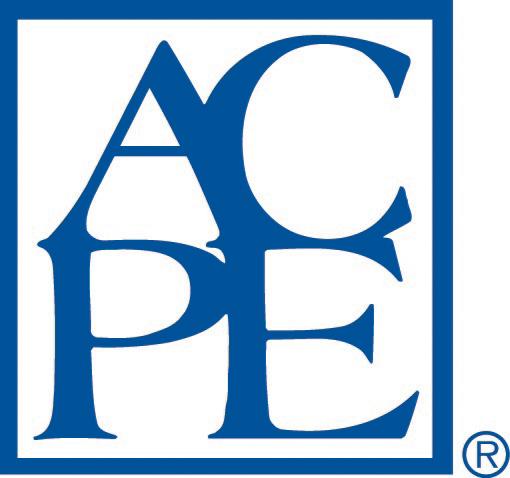
The Doctor of Pharmacy (PharmD) program at Northeastern University School of Pharmacy and Pharmaceutical Sciences is fully accredited by the Accreditation Council for Pharmacy Education (ACPE) through June 30, 2026. The school’s Continuing Professional Education Program is fully accredited by ACPE through January 31, 2029.
The Accreditation Council for Pharmacy Education (ACPE) is the national agency for the accreditation of professional degree programs in pharmacy and providers of continuing pharmacy education.
ACPE (until 2003 known as the American Council on Pharmaceutical Education) was established in 1932 for the accreditation of professional degree programs in pharmacy, and in 1975 its scope was broadened to include accreditation of providers of continuing pharmacy education.
The mission of ACPE is to assure and advance quality in pharmacy education. ACPE is an autonomous and independent agency whose Board of Directors is appointed by the American Association of Colleges of Pharmacy (AACP), the American Pharmacists Association (APhA), the National Association of Boards of Pharmacy (NABP) (three appointments each), and the American Council on Education (one appointment).
Since the inception of its accreditation agency recognition program in 1952, ACPE has been recognized continuously by the U.S. Department of Education, and it gained recognition by the Council for Higher Education Accreditation in April 2004.
State boards of pharmacy require that licensure applicants from the United States have graduated from an accredited pharmacy degree program to be eligible to sit for the North American Pharmacist Licensure ExaminationTM (NAPLEX®).
Consistently above national averages for first time pass rate
| First time NAPLEX attempts | 2022 | 2023 | 2024 |
|---|---|---|---|
| Northeastern | 82.4% | 87.0% | 90.9% |
| National | 77.4% | 76.6% | 77.5% |
| On-Time Graduation Rates | 2021 | 2022 | 2023 |
|---|---|---|---|
| Northeastern | 81.9% | 87.7% | 78.6% |
| National | 86.9% | 86.7% | Pending |
| Attrition Rates | 2021 | 2022 | 2023 |
|---|---|---|---|
| Northeastern | 18.1% | 12.3% | 21.4% |
| National | 13.1% | 13.3% | Pending |
| Class of: | |
|---|---|
| 2023* | 75% of graduates employed within 1 month of graduation |
| 2022* | 98% of graduates employed within 1 month of graduation |
Percent achieving postgraduate education and training.
| Graduating Class | Number of Posts | Percentage |
|---|---|---|
| 2022 | 58 Residencies, fellowships and postgraduate degree programs | 46% |
| 2021 | 52 Residencies, fellowships and postgraduate degree programs | 56% |
| 2020 | 58 Residencies, fellowships and postgraduate degree programs | 45% |
Upon completion of the program, students will be able to:
The MS program learning outcomes are the following:
The MS program learning outcomes are the following:
The MS program learning outcomes are the following:
The MS program learning outcomes are the following:
The Doctor of Philosophy (PhD) program learning outcomes are the following:
The Doctor of Philosophy (PhD) program learning outcomes are the following:
The Doctor of Philosophy (PhD) program learning outcomes are the following:
The Doctor of Philosophy (PhD) program learning outcomes are the following:
Upon completion of the program, students will be able to:
1.1. Learner (Learner)
Develop, integrate, and apply knowledge from the foundational sciences (i.e., pharmaceutical, social/behavioral/administrative, and clinical sciences) to evaluate the scientific literature, explain drug action, solve therapeutic problems, and advance population health and patient— centered care.
2.1. Patient—centered care (Caregiver)
Provide patient—centered care as the medication expert (collect and interpret evidence, prioritize, formulate assessments and recommendations, implement, monitor and adjust plans, and document activities).
2.2. Medication use systems management (Manager)
Manage patient healthcare needs using human, financial, technological, and physical resources to optimize the safety and efficacy of medication use systems.
2.3. Health and wellness (Promoter)
Design prevention, intervention, and educational strategies for individuals and communities to manage chronic disease and improve health and wellness.
2.4. Population—based care (Provider)
Describe how population—based care influences patient— centered care and influences the development of practice guidelines and evidence—based best practices.
3.1. Problem Solving (Problem Solver)
Identify problems; explore and prioritize potential strategies; and design, implement, and evaluate a viable solution.
3.2. Educator (Educator)
Educate all audiences by determining the most effective and enduring ways to impart information and assess understanding.
3.3. Patient Advocacy (Advocate)
Assure that patients’ best interests are represented.
3.4. Interprofessional collaboration (Collaborator)
Actively participate and engage as a healthcare team member by demonstrating mutual respect, understanding, and values to meet patient care needs.
3.5. Cultural Sensitivity (Includer)
Recognize social determinants of health to diminish disparities and inequities in access to quality care.
3.6. Communication (Communicator)
Effectively communicate verbally and nonverbally when interacting with an individual, group, or organization.
4.1. Self—awareness (Self—aware)
Examine and reflect on personal knowledge, skills, abilities, beliefs, biases, motivation, and emotions that could enhance or limit personal and professional growth.
4.2. Leadership (Leader)
Demonstrate responsibility for creating and achieving shared goals, regardless of position.
4.3. Innovation and Entrepreneurship (Innovator)
Engage in innovative activities by using creative thinking to envision better ways of accomplishing professional goals.
4.4. Professionalism (Professional)
Exhibit behaviors and values that are consistent with the trust given to the profession by patients, other healthcare providers, and society.
† Adopted from Medina M, Plaza CM, Stowe CD, et al. Center for the Advancement of Pharmacy Education 2013 Educational Outcomes. Am J Pharm Ed. 2013;77(8):162.
Approved, 2013
The Accreditation Council for Pharmacy Education (ACPE), the pharmacy school accreditation agency, is required by the U.S. Department of Education to assure that pharmacy programs have a policy to record and address student complaints regarding a school’s adherence to the ACPE Accreditation Standards and Guidelines for the Professional Program in Pharmacy Leading to the Doctor of Pharmacy Degree hereinafter referred to as the “ACPE Standards”.
The purpose of this policy is to provide the opportunity for pharmacy students to document complaints about the School’s adherence to any of the ACPE Standards. Complaints may relate to matters involving the curriculum, faculty, student affairs or other areas relating to specific ACPE standards. In the case of common academic matters within the School (e.g., grade challenges, academic standing reviews and appeals, etc.), students should refer to policies of procedures of the school and college, as outlined in the Undergraduate Student Information Manual, and the Graduate Student Information Manual.
Administrative Offices Located at 140 Fenway
Mailing Address
Northeastern University School of Pharmacy and Pharmaceutical Sciences
360 Huntington Avenue, R218 TF
Boston, MA 02115
Office of the Dean
Tel: 617-373-5209
[email protected]
PharmD Admission Inquiries:
[email protected]
Pharmaceutical Sciences Graduate Programs:
[email protected]
Department of Pharmaceutical Sciences
617-373-3224
[email protected]
Department of Pharmacy and Health Systems Sciences
617-373-5226
[email protected]
Continuing Pharmacy Education
617-373-5418
[email protected]
Office of Experiential Education
617-373-4176
[email protected]
Pharmaceutical Industry Fellowship Program
617-373-2297
[email protected]


Dr. Bronich is a PhD-trained polymer chemist, whose research interests are in the area of self-assembling polymer materials and applications of these materials in medicine. She is passionate about developing novel classes of environmentally and chemical-stimuli responsive nanoparticles and gels and conducts fundamental studies on structure and transitions in these materials.

PhD
Professor, Department of Pharmaceutical Science Pharmaceutical Sciences

PharmD, RPh, FNAP
Clinical Professor Pharmacy and Health Systems Sciences

PharmD, MEd, BCGP, BCPS, FASCP
Assistant Dean of Academic Affairs and Assessment, School of Pharmacy and Pharmaceutical Sciences; School Leadership Team; Clinical Professor Pharmacy and Health Systems Sciences

PhD
Interim Chair, Department of Pharmaceutical Sciences; Associate Professor Pharmaceutical Sciences

PharmD, MEd, FCCP, BCPS
Chair, Department of Pharmacy and Health System Sciences; School Leadership Team; Clinical Professor Pharmacy and Health Systems Sciences

PharmD, RPh, BCOP
Director of Pharmaceutical Industry Fellowship Program; Clinical Professor Pharmacy and Health Systems Sciences

MBA
Director of Operations, Finance and Administration School of Pharmacy and Pharmaceutical Sciences

PhD
Professor Pharmaceutical Sciences

PharmD, RPh, FAPhA, FNAP, BCACP, CDCES
Clinical Professor Pharmacy and Health Systems Sciences